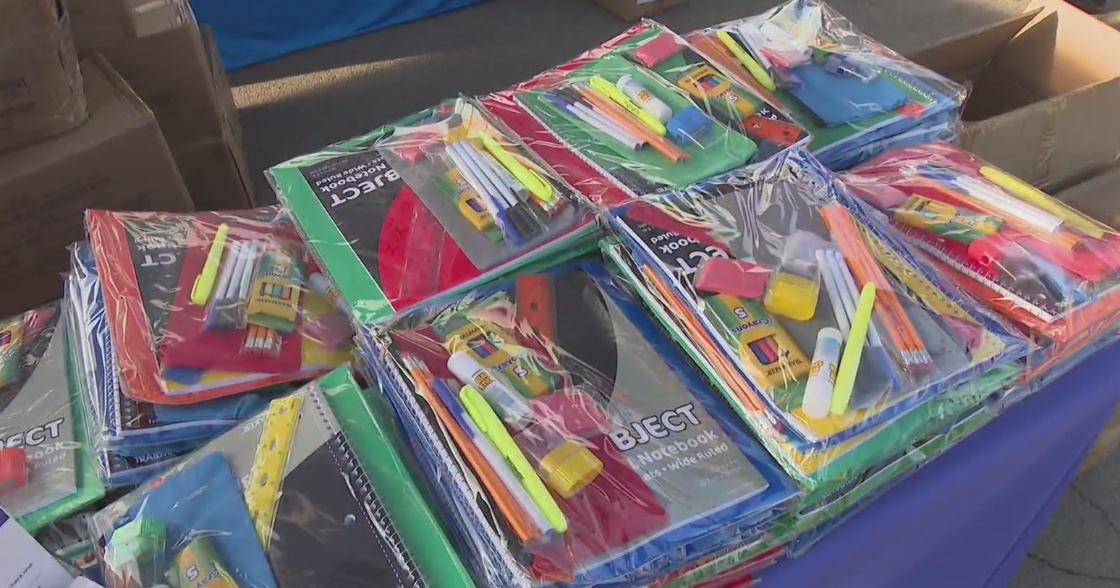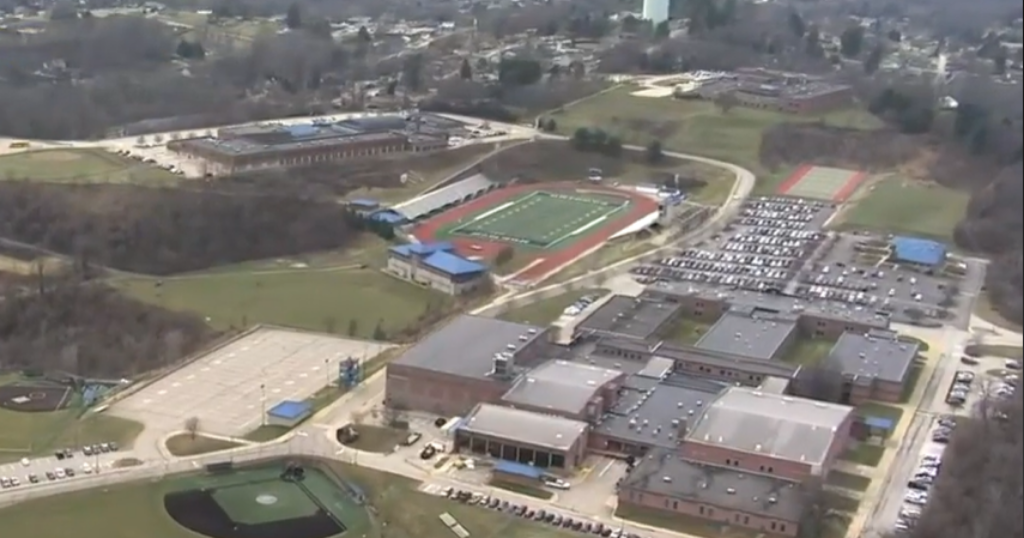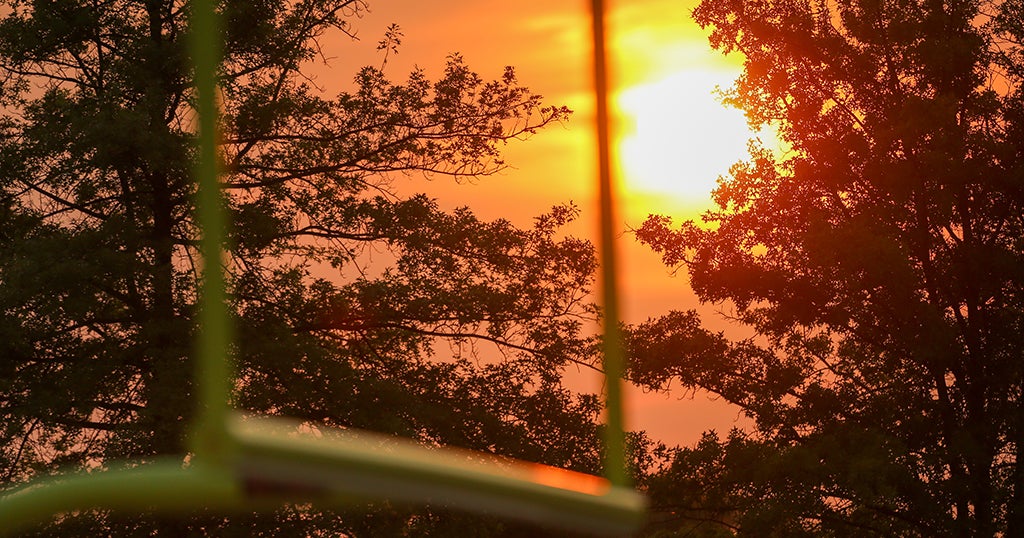Staying Prepared: Pediatric Allergist Lays Out Back To School Plans For Students With Asthma And Allergies
PITTSBURGH (KDKA) - It's officially back-to-school season and for some that also means the start of allergy season.
Parents with children that have asthma or allergies, or both, now need to get them ready to handle their symptoms before heading back to class.
Many people have an occasional runny nose or mild cough, but those with allergies and asthma, especially kids heading back to the classroom, doctors say now is the time to make sure they're under control.
Doctors recommend getting prescriptions or over-the-counter medications now, including rescue inhalers and nasal steroids.
Dr. Deb Gentile, a local pediatric allergist, says this is the time of year when doctors see a peak in asthma flares and allergies due to ragweed and other weeds peaking in August and September.
She says there are differences in symptoms of allergies and asthma than those of COVID-19.
"Symptoms of allergies typically are runny nose, sneezing, congestion," she explained. "You typically do not have a fever with allergies and you typically do not have a fever with an asthma attack. Other things to differentiate these two is if you're having allergies and asthma, it should not acutely affect your sense of smell or taste, where the COVID virus will."
Dr. Gentile says that kids with allergies should start taking medication now because, in order to have an effect, they should be in the child's system for a few weeks and if the child has asthma, be sure they have a rescue inhaler and a plan to share with teachers and administrators.
A typical question is whether or not those with allergies or asthma should be wearing masks due to oxygen levels and Dr. Gentile says in the midst of a pandemic, there isn't any reason why they should not be wearing masks.
"It's a challenge to get children to wear a mask all day, but there is no challenge at all from the allergy and asthma standpoint," she said. "There are studies that show that wearing a mask does not interfere with you dropping your oxygen concentration."
According to Dr. Gentile, about 80% of children with asthma have underlying allergies, part of the peak is related to respiratory infections, with people back indoors, they're starting to spread respiratory infections.
She added that as the season turns to fall when we have relatively warmer days and colder nights, the temperature change can trigger asthma symptoms.
As with any symptoms, Dr. Gentile says if a child doesn't feel well, the first step is to call the family's primary doctor, especially if the symptoms are mild.
She says telehealth visits save a trip to the doctor's office and avoid possible coronavirus exposure.



